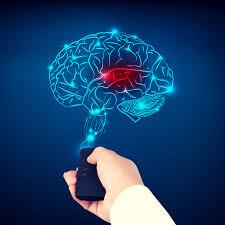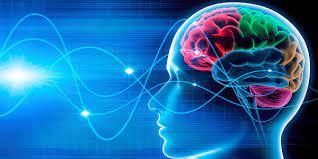Neuroplasticity
... is how the brain changes (for better or worse) in response to repeated experience: the things we do often we become stronger at, and what we don't use fades away.
2.68K
11.9K reads
CURATED FROM
IDEAS CURATED BY
The idea is part of this collection:
Learn more about timemanagement with this collection
How to build trust and respect with team members
How to communicate effectively
How to motivate and inspire others
Related collections
Similar ideas to Neuroplasticity
Your brain can be changed
Neuroscience has shown that the adult brain remains malleable throughout life.
The circuits we use most often become stronger and more efficient — the ones we don't use, shrink and fade away.
Neuroplasticity
- Also known as neural plasticity
- This is the capacity of the brain to change in response to experience and the environment.
- It changes the brain from updating the neuronal networks to the formation of new memories to larger structural adaptations.
Neuroplasticity
By focusing attention on and repeatedly practicing new, desirable behaviors, we can redirect our brains' chemical, hormonal, and physical resources to create new pathways. The old ones, meanwhile, wither from lack of use.
Learning subjects which require heavy attention like a language or m...
Read & Learn
20x Faster
without
deepstash
with
deepstash
with
deepstash
Personalized microlearning
—
100+ Learning Journeys
—
Access to 200,000+ ideas
—
Access to the mobile app
—
Unlimited idea saving
—
—
Unlimited history
—
—
Unlimited listening to ideas
—
—
Downloading & offline access
—
—
Supercharge your mind with one idea per day
Enter your email and spend 1 minute every day to learn something new.
I agree to receive email updates


